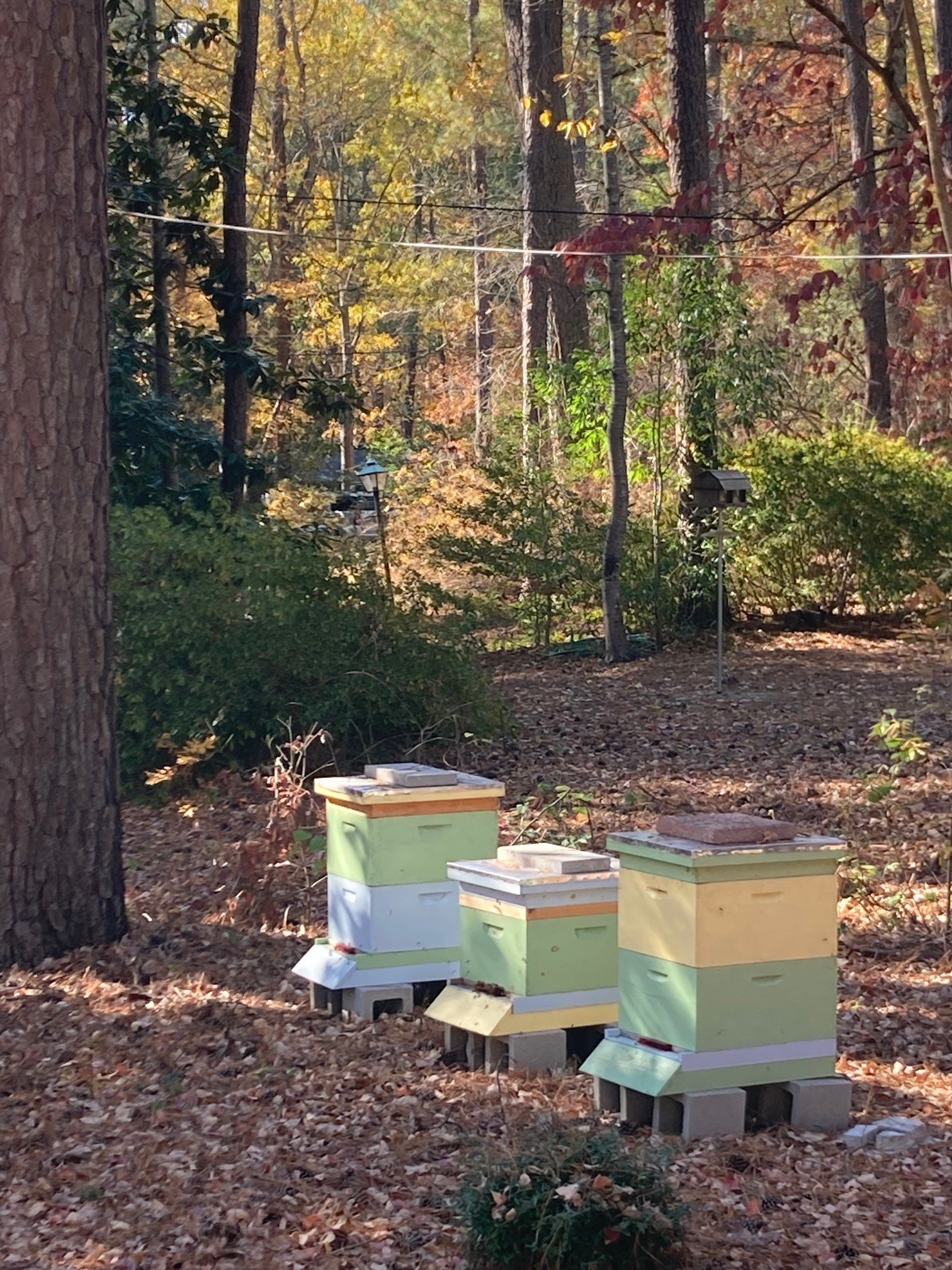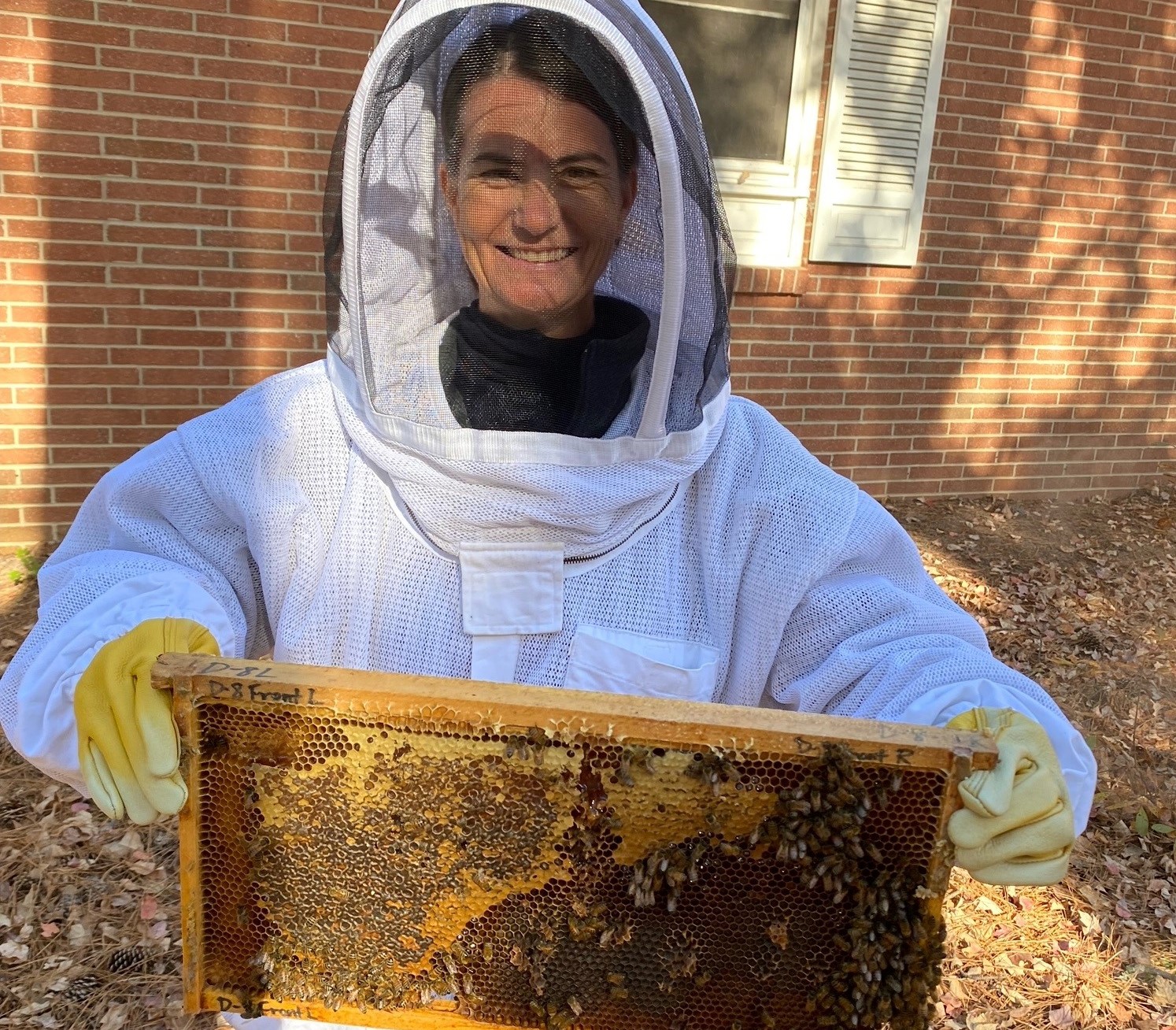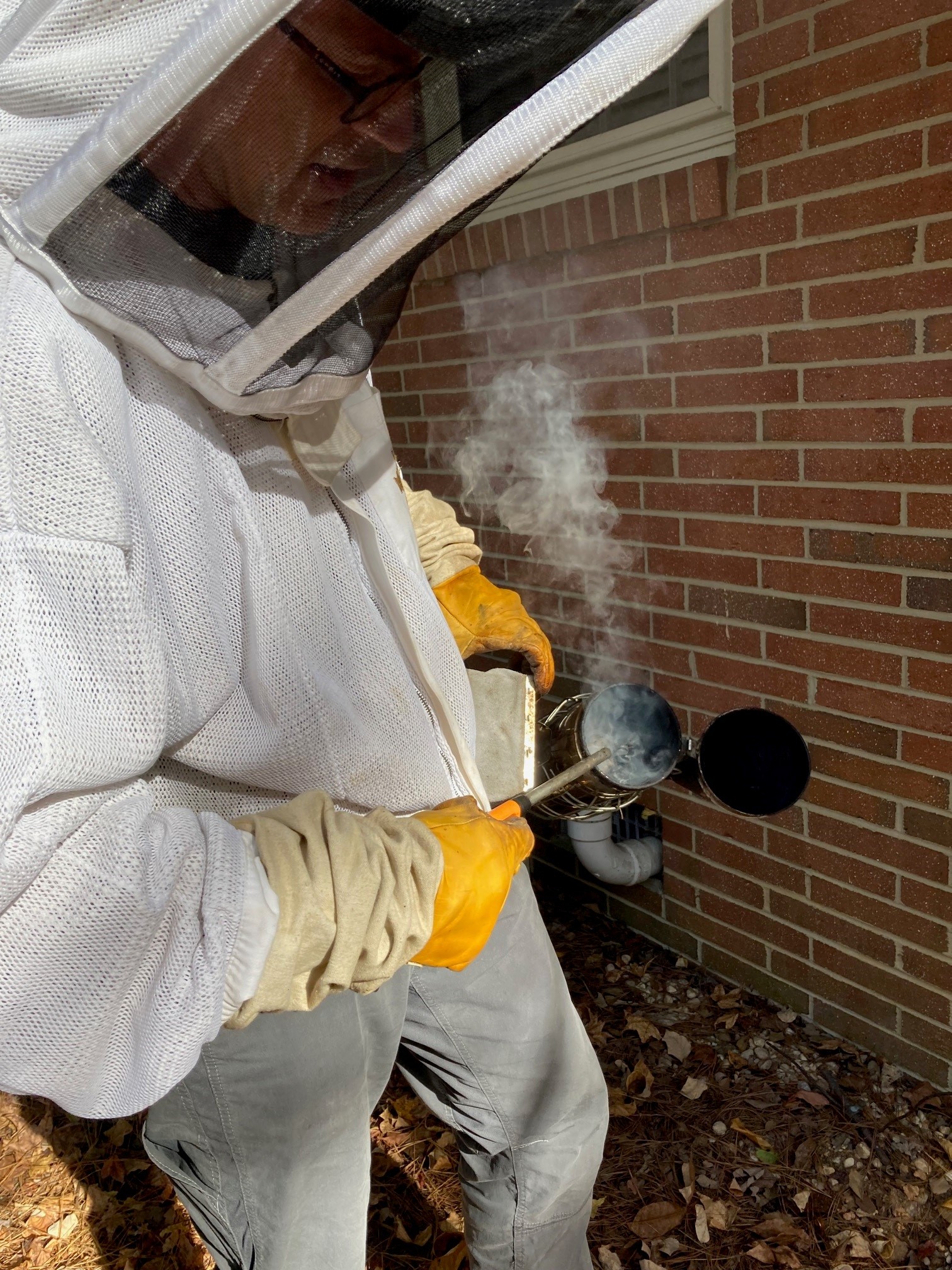Last year I heard Katherine Collins from Putnam Investments speak on sustainable investing. It was already becoming a hot topic. The gist of her talk was about applying the ideas of biomimicry to investing. Biomimicry (from the Greek bio=life and mimesis=imitate) is the idea that humans can solve problems by looking at how biological systems function. It has been applied to everything from cancer treatment to how to make an electrical grid more resilient.
Collins believes that bee colonies in particular make a great model. Bees are a large social organization with a focus on the preservation of the colony. Conventional sustainable investing has long been about fighting against something (guns, tobacco, oil, etc.), but Collins says that systems, like bee colonies, function better when they are fighting for something. Fighting against involves constraint (in this case, limiting a portfolio to companies that do not sell guns, tobacco or oil, etc.). When fighting for something, on the other hand, all ideas are on the table.
I know a little something about bees. During the pandemic my husband Greg seriously considered taking up beekeeping. He bought the suit and gloves and joined the local association. He scoped out a spot in the yard and a source for the hives and read a bunch of books on the subject. For a while he would entertain me with bee facts. "Did you know that bee colonies appoint guards to stand watch at the entrance to the hive to protect against theft?" "Did you know bees can travel two miles from the hive looking for pollen and still find their way back based on smell?” Greg got busy with other projects and never actually acquired the bees, but we both still regularly refer to bits of knowledge we learned from that period.
In early November, I was visiting clients in North Carolina, who happen to be beekeepers. My host invited me to check the hives with him. It was one of those glorious warm fall days: the sun would go behind the clouds one minute, and then pop out illuminating the forest in red, yellow and orange.
But all that fall glory was not necessarily a good thing for the bees. My host informed me that he and other beekeepers were afraid the warm temperatures would confuse the bees into thinking that winter was not coming, and they’d use up their winter stores ahead of time. Because almost all the pollinating plants had gone to seed for the season, the bees had no natural way to restock.
Smoke gets in your pheromones
Bees attack when they sense a threat. And it's the smell of foreign pheromones, whether human or insect form, which puts them on the alert. To protect ourselves from bee stings, my host and I suited up. He loaded a smoker and we blew smoke all around them. Smoke, it turns out, neutralizes the bees' alarm pheromones, making it less likely that they will sting you.
Then we pried open the tops of the hives to find that the bees had already blown through the supply of sugar water that had been left for them a few weeks prior. The sugar water is poured into a special reservoir inside the hives to give them a supplemental energy source in winter.
This made me think of another parallel that Collins referenced in her talk, and one that I feel is especially important to keep in mind as we go into an election year.
“There is no world in which the news we are hearing is useful as far as providing us with data points to indicate what the future will look like," she said. In other words, the news of the day is smoke: it confuses our senses and distracts from long-term thinking. This is also called recency bias.
The news of the day will always leave us feeling lost in the chaos. We need to channel the bees and hone our hive mentality: What will serve us best in the long run, what solutions will enable humanity to endure rapid changes in development – be it AI or global warming. What strategies will enable us to enjoy life’s Indian summers without running through our hard-won retirement savings?
As we start this new year, maybe it’s time to behave more like bees, shirk off the distractions and get to work. We need to focus on the big picture: We have a hive to protect; communities we want to see flourish. If we are ever to move towards a better future, we need to focus on what we’re working for – and do it together.



